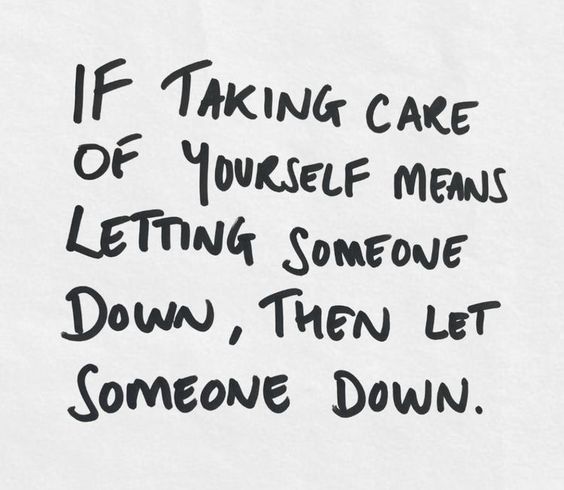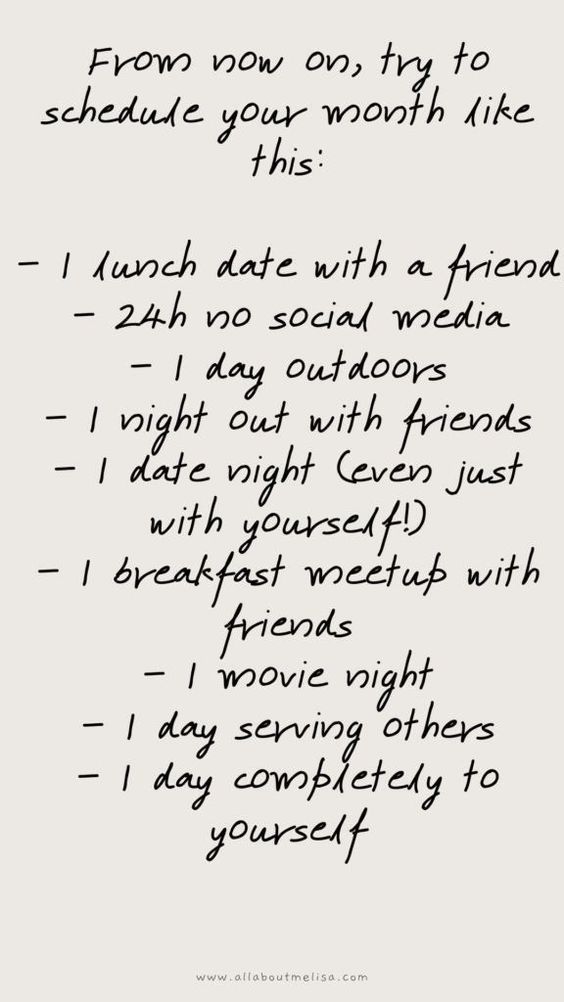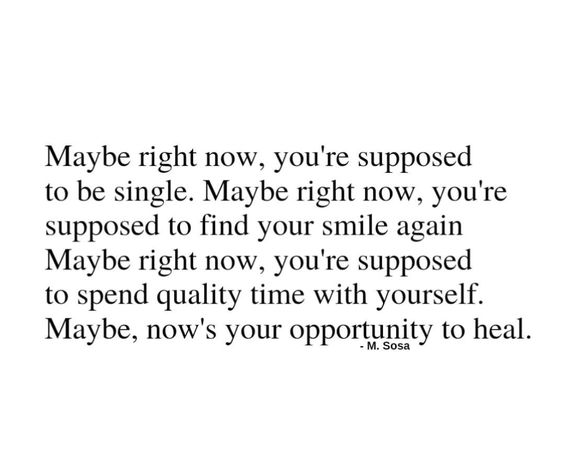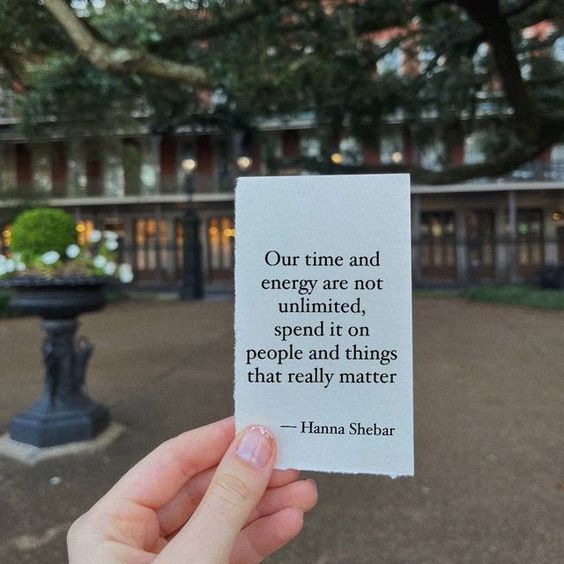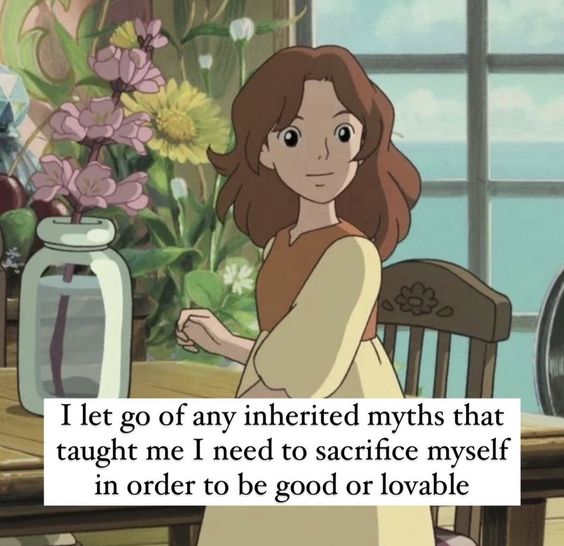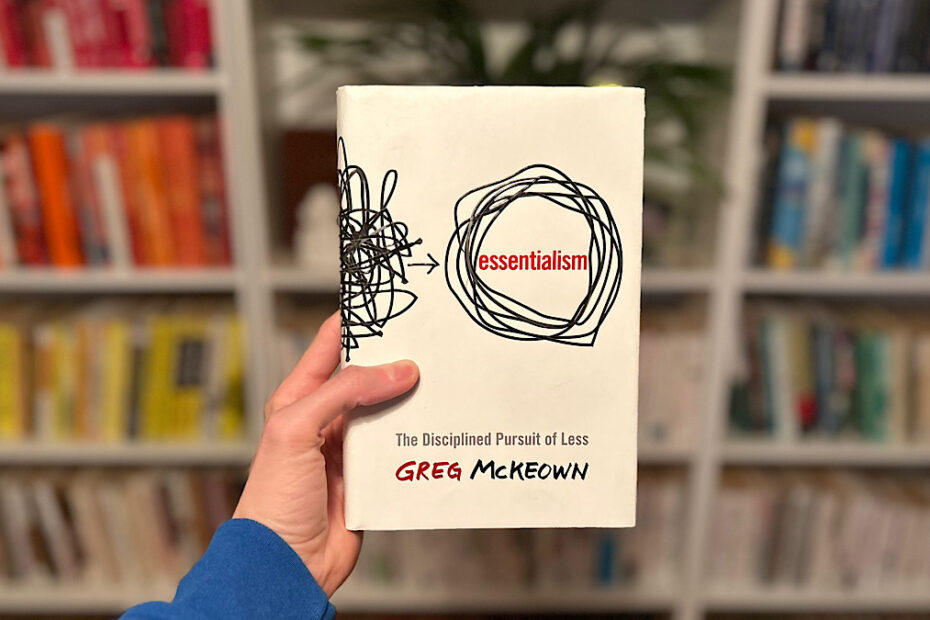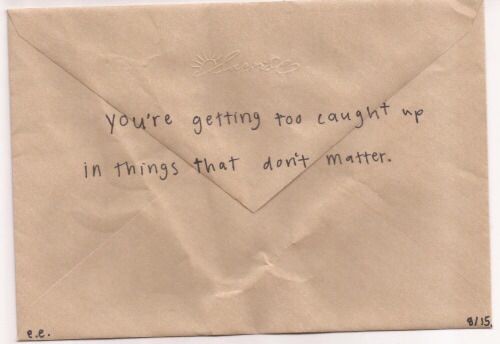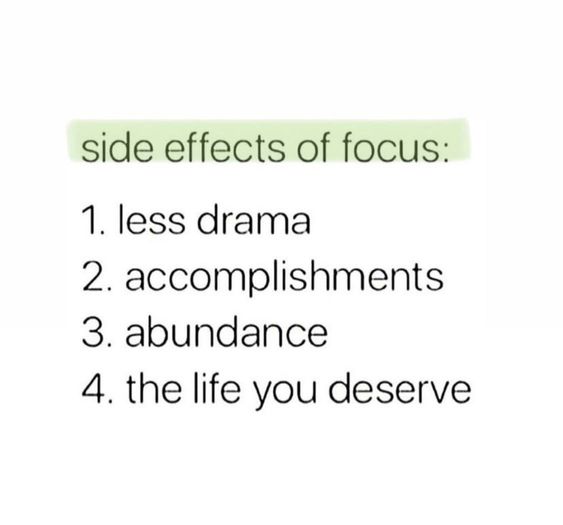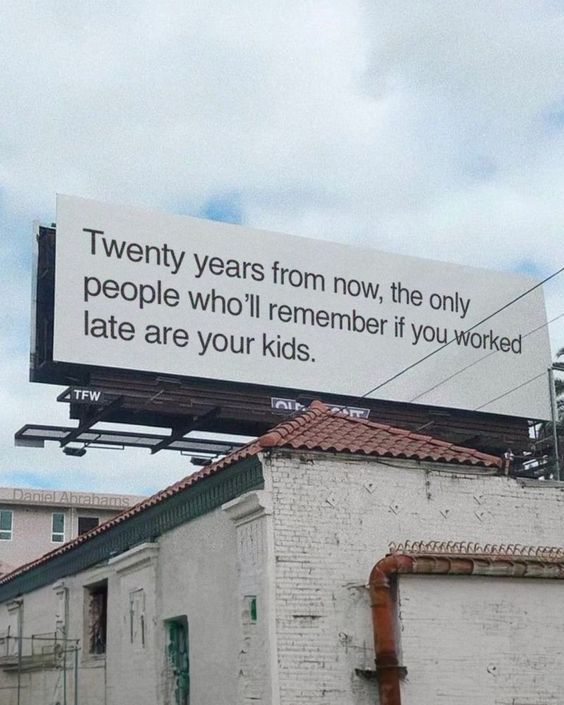23 Greg McKeown Quotes from Essentialism and How To Live Better Via Less
Excerpt: These quotes from Essentialism present a hard-to-argue-with case for a better life via less. Maybe “more” isn’t what we need more of after all…
Read More »23 Greg McKeown Quotes from Essentialism and How To Live Better Via Less
“The central fact of my own life is my death. After a while, it will all come to nothing. Whenever I have the courage to face this, my priorities become clear.”
Sheldon B. Kopp, If You Meet Buddha On The Road, Kill Him! (Page 42)
“If you have correctly identified what really matters, if you invest your time and energy in it, then it is difficult to regret the choices you make. You become proud of the life you have chosen to live. Will you choose to live a life of purpose and meaning, or will you look back on your one single life with twinges of regret? If you take one thing away from this book, I hope you will remember this: whatever decision or challenge or crossroads you face in your life, simply ask yourself, ‘What is essential?’ Eliminate everything else.”
Greg McKeown, Essentialism (Page 237)
“When faced with so many tasks and obligations that you can’t figure out which to tackle first, stop. Take a deep breath. Get present in the moment and ask yourself what is most important this very second—not what’s most important tomorrow or even an hour from now. If you’re not sure, make a list of everything vying for your attention and cross off anything that is not important right now.“
Greg McKeown, Essentialism (Page 221)
“Recently I had taught a full day on Essentialism to an executive team in New York. I had thoroughly enjoyed the day and had felt present throughout. But by the time I returned to my room I felt a sudden pull in a million directions. Everything around me was a reminder of all of the things I could be doing: check my e-mail, listen to messages, read a book I felt obligated to read, prepare the presentation for a few weeks from now, record interesting ideas that had grown out of the day’s experiences, and more. It wasn’t just the sheer number of things that felt overwhelming, it was that familiar stress of many tasks vying for top billing at the same time. As I felt the anxiety and tension rise I stopped. I knelt down. I closed my eyes and asked, ‘What’s important now?’ After a moment of reflection I realized that until I knew what was important right now, what was important right now was to figure out what was important right now!”
Greg McKeown, Essentialism (Page 220)
“Instead of trying to budget your time on the basis of existing commitments, assume that all bets are off. All previous commitments are gone. Then begin from scratch, asking which you would add today. You can do this with everything from the financial obligations you have to projects you are committed to, even relationships you are in. Every use of time, energy, or resources has to justify itself anew. If it no longer fits, eliminate it altogether.”
Greg McKeown, Essentialism (Page 152)
“Half of the troubles of this life can be traced to saying yes too quickly and not saying no soon enough.”
Josh Billings, via Essentialism (Page 145)
“When you say no, there is usually a short-term impact on the relationship. After all, when someone asks for something and doesn’t get it, his or her immediate reaction may be annoyance or disappointment or even anger. This downside is clear. The potential upside, however, is less obvious: when the initial annoyance or disappointment or anger wears off, the respect kicks in. When we push back effectively, it shows people that our time is highly valuable. It distinguishes the professional from the amateur.”
Greg McKeown, Essentialism (Page 138)
“The best asset we have for making a contribution to the world is ourselves. If we underinvest in ourselves, and by that I mean our minds, our bodies, and our spirits, we damage the very tool we need to make our highest contribution. One of the most common ways people—especially ambitious, successful people—damage this asset is through a lack of sleep.”
Greg McKeown, Essentialism (Page 94)
“The faster and busier things get, the more we need to build thinking time into our schedule. And the noisier things get, the more we need to build quiet reflection spaces in which we can truly focus.”
Greg McKeown, Essentialism (Page 68)
“We need space to escape in order to discern the essential few from the trivial many. Unfortunately, in our time-starved era we don’t get that space by default—only by design.”
Greg McKeown, Essentialism (Page 64)
